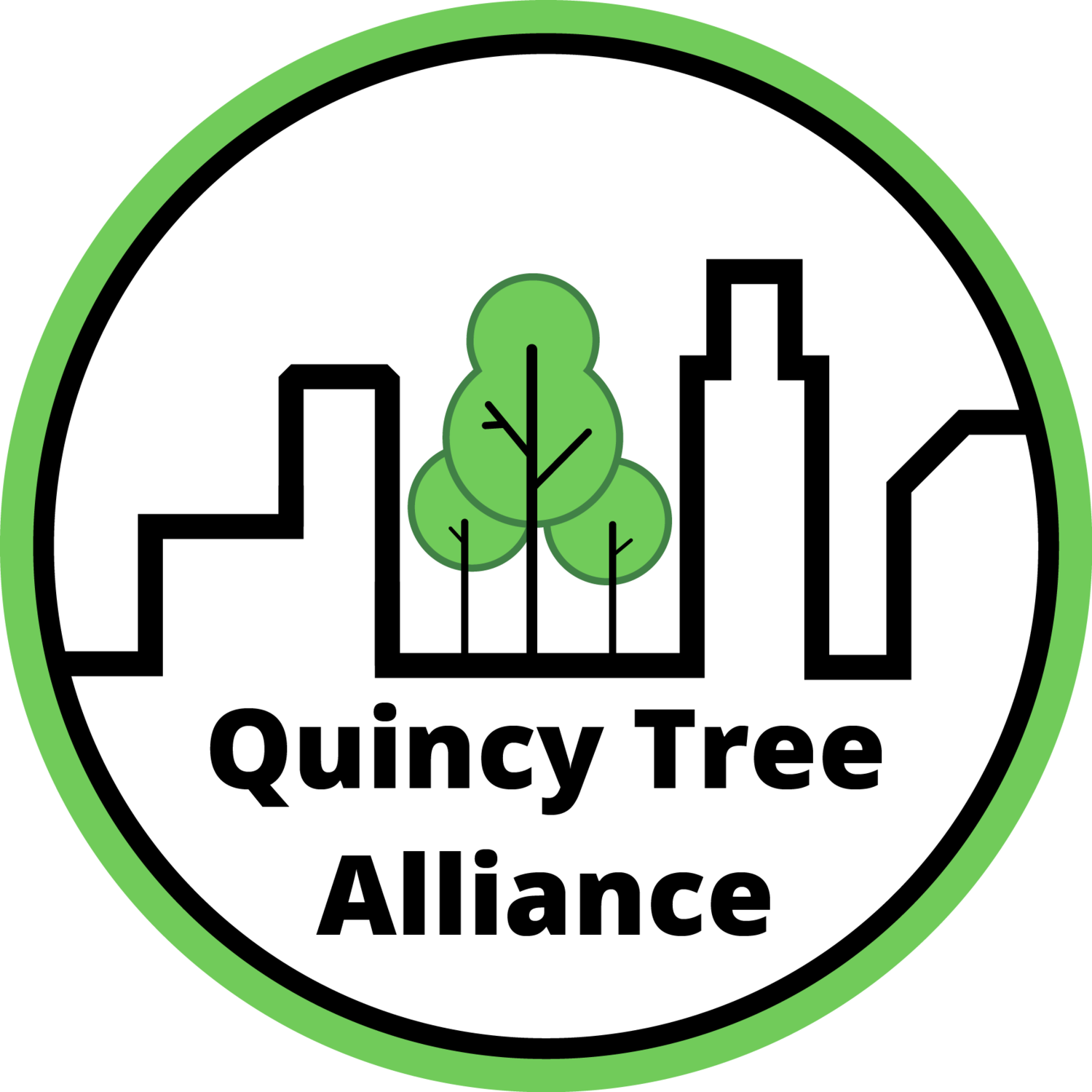Which are the leafiest neighborhoods?
Brown areas are less leafy than green areas in tree equity maps like this one (Credit: American Forests)
Urban trees provide economic, social, environmental, and health benefits, but how do we ensure every community has the canopy they need? Join the Quincy Tree Alliance and the Thomas Crane Public Library for an online discussion on tree equity on February 15 at 7 pm.
Molly Henry, senior manager of climate and health at American Forests, will introduce the national Tree Equity Score Explorer tool that her organization developed for every urbanized area in the country. The tool shows that wealthier neighborhoods are often significantly leafier than poorer neighborhoods with more people of color. For example, about 50% of Boston’s West Roxbury neighborhood is shaded by trees, while that figure is less than 10% for East Boston. Henry will also go over Quincy’s canopy maps.
David Meshoulam, executive director of Speak for the Trees, Boston, will discuss his organization’s work on tree equity at the local level in Boston. “There are two sides to that tree equity equation,” he says. “One is who has access to trees and the benefits that trees provide. The other, that we’re working towards, is who has access to those workforce jobs in tree care. The work has to come from the community, for the community, by the community. A tree is not something that you plant and walk away from.”
Meshoulam will also briefly discuss legislation now being considered at the statehouse aimed at planting trees in the places that need it most, with the aim of reaching 60% tree canopy cover in Massachusetts cities and towns.
Finally, Quincy’s tree warden, Chris Hayward, will discuss new initiatives aimed at increasing the canopy coverage and tree equity here. One is a plan to offer reduced-cost tree plantings in the front yards of Quincy residents, and the other is a plan to get citizens involved in inventorying the trees here, which will help determine where new plantings are needed. “The inventory, when it’s completed, will be a huge tool,” says Hayward.
After short presentations, speakers will take questions from participants. To join the event, go to https://bit.ly/qtaequity on Feb. 15 at 7 pm, or dial (646) 558-8656 and enter meeting ID 838 7285 6404. You can also watch the event, either live or after the fact, at https://www.youtube.com/c/ThomasCranePublicLibrary.
Quincy Tree Alliance is a volunteer group that works to sustain and expand our city’s tree canopy. To learn more, visit quincytreealliance.com or email quincytreealliance@gmail.com.

